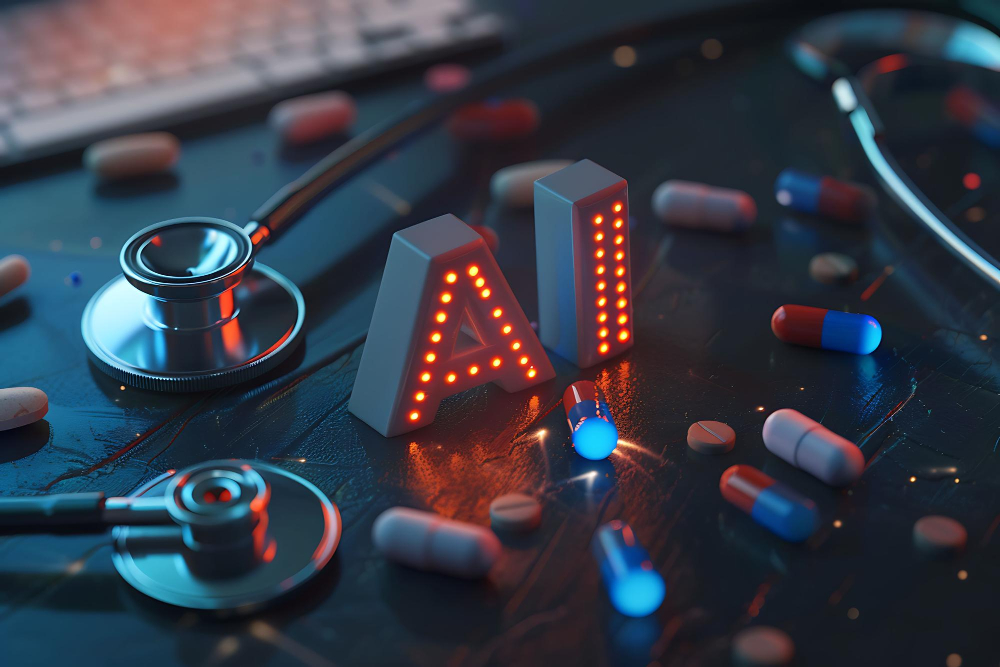- Blog
- August 23, 2023
Gen AI: Elevating DevOps Processes to New Heights

- Blog
- August 23, 2023
Gen AI: Elevating DevOps Processes to New Heights
In the fast-paced world of software development, DevOps plays a crucial role in ensuring seamless collaboration between development and operations teams, ultimately delivering high-quality applications to users. With the emergence of Generative AI (Gen AI), a new era of possibilities has opened up for DevOps processes. Let’s explore how Gen AI is transforming DevOps and propelling it to new heights.
Top ten impacts of Generative AI on DevOps processes.

1. Automated Code Generation:
Gen AI introduces efficiency to coding by automatically producing code snippets aligned with specified criteria. This diminishes the need for manual coding, leading to quicker development cycles. With routine coding tasks taken care of, developers are free to concentrate on more intricate assignments, fostering innovation.
2. Testing Automation:
Testing is a fundamental part of DevOps, and Gen AI contributes by creating automated test scripts. This enhances testing coverage, reduces the time spent on testing, and ensures consistent quality assurance throughout the development pipeline.
3. Predictive Analytics:
Gen AI leverages historical data to predict potential software issues and performance bottlenecks. By analyzing past patterns, it assists in proactive problem-solving, allowing teams to address issues before they impact users.
4. Deployment Optimization:
Deploying applications can be complex, but Gen AI simplifies this by suggesting optimal deployment strategies. It takes into account factors like resource utilization and user traffic patterns to ensure efficient and seamless deployments.
5. Security Enhancement:
Security is paramount in DevOps, and Gen AI plays a role by identifying security vulnerabilities in code. It provides recommendations for improvements, enhancing the overall security posture of applications.
6. Continuous Improvement:
Gen AI fosters a culture of continuous improvement by analyzing feedback from previous releases. It suggests process enhancements, allowing teams to learn from past experiences and make iterative refinements.
7. Troubleshooting Assistance:
When issues arise, Gen AI proves valuable in diagnosing them. By analyzing logs, metrics, and system behavior, it aids in faster troubleshooting and incident resolution.
8. Resource Optimization:
Resource allocation can be optimized with Gen AI’s recommendations based on application requirements and usage patterns. This ensures efficient resource utilization and cost-effectiveness.
9. Release Planning:
Gen AI contributes to release planning by analyzing risks, dependencies, and user impact. It provides insights that enable informed decisions during the release process.
10. Process Automation:
Repetitive tasks in DevOps, such as environment setup and configuration management, can be automated with Gen AI. This boosts operational efficiency and reduces the need for manual intervention.
Final Verdict
In summary, Generative AI is reshaping the landscape of DevOps methodologies by injecting automation, intelligence, and streamlined efficiency throughout the software development lifecycle. This dynamic integration empowers cross-functional teams to work cohesively, resulting in accelerated application delivery and the preservation of top-notch quality standards. As the relationship between Generative AI and DevOps matures, we can anticipate a wave of novel solutions and methodologies, heralding a new era of software development, deployment, and management.




